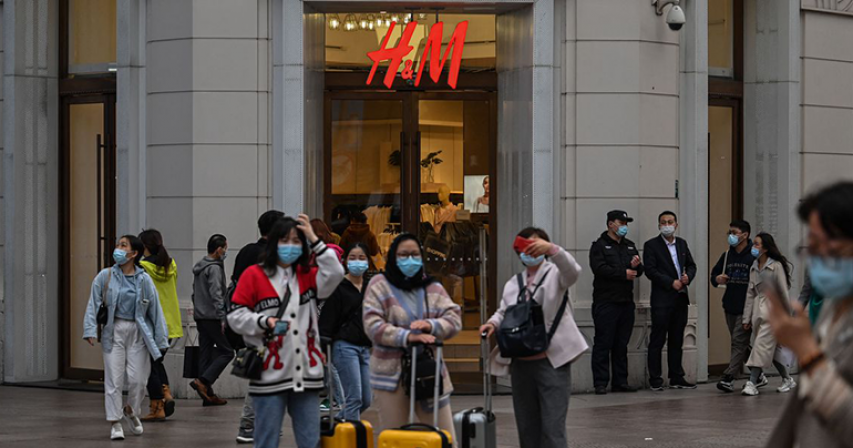China has unleashed the nationalist genie. Beijing may regret letting it out of the bottle
- 4 years ago

As far as slogans go, it's not necessarily the catchiest. But the phrase, along with several others uttered by top Chinese diplomat Yang Jiechi during heated talks with the US earlier this month, has become an unlikely fashion hit in China, appearing on T-shirts, phone cases and other items.
The arrival of the T-shirts on Chinese e-commerce sites -- just hours after Yang traded barbs with US Secretary of State Antony Blinken in Alaska -- captures the changing mood in Beijing, as policy makers signal a new willingness to push back against criticism of alleged human rights abuses, particularly those centered on Xinjiang.
In recent days, China has leveled reciprocal sanctions against the United Kingdom and the European Union, targeting lawmakers and academics, which it accused of "maliciously spreading lies and disinformation" regarding Beijing's treatment of Uyghur Muslims.
China's so-called "wolf warrior" diplomats and state media have attacked Western governments online, rallying against what they term "hypocritical double standards," while drawing attention to the West's own legacy of historical injustice.
And all this has come as the government appears to be stoking a new wave of online nationalism.
Major European clothing label H&M was pulled from several e-commerce stores in China on Thursday after the ruling Communist Party's youth organization highlighted a months-old company statement speaking out against allegations of forced labor connected to Xinjiang's cotton industry.
Other businesses, including Nike, Adidas and Burberry, were soon dragged into the social media outcry, amid calls for a nationwide boycott. Posts containing an "I support Xinjiang cotton" hashtag on China's Twitter-like platform, Weibo, have been read almost 5 billion times.
In an editorial Friday, the editor of state-run tabloid Global Times, Hu Xijin, said the "battlefield" over Xinjiang could become the "frontline" in the ideological conflict between the US and China.
With the 100th anniversary of the Chinese Communist Party just months away, an apparent line has been drawn for those wishing to negotiate or do business with Beijing -- making clear that Western values are not necessarily compatible with access to the China market
Source: CNN
Comments